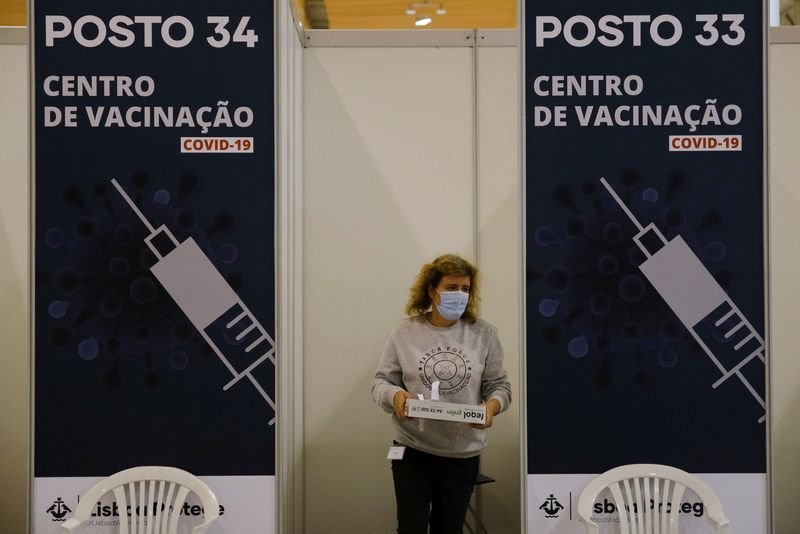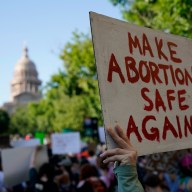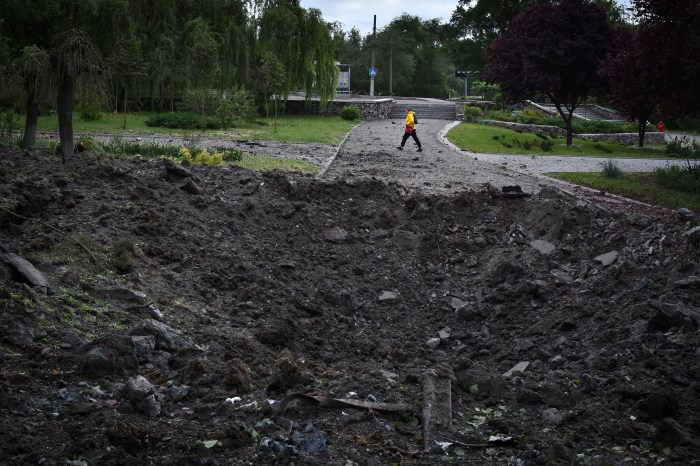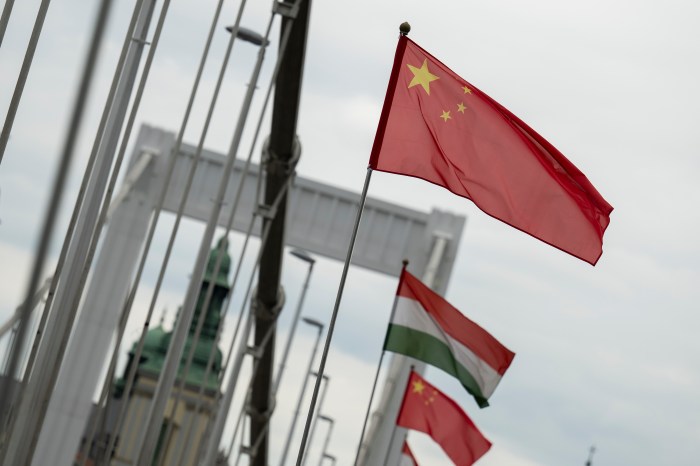LISBON (Reuters) – As an Omicron-fuelled wave of infections ebbs, Portugal said on Thursday it would drop most of its remaining coronavirus rules, including the requirement to show the COVID-19 digital pass to stay at hotels or a negative test to enter nightclubs.
“This is a very important moment,” Cabinet Minister Mariana Vieira da Silva told a news conference. “This is another a step towards a return to normal life.”
The new measures will come into force in the next few days, Vieira da Silva said, as they need still the final stamp of approval from the president.
Those going to restaurants, hotels or cultural venues will no longer be asked to show the COVID digital certificate – proof of vaccination, recovery from COVID or a negative test. That will still be required to enter Portugal by air, sea or land.
A negative test will also not be requested to attend large events or to enter sports stadiums, bars and nightclubs.
Working from home will no longer be recommended, and high-risk contacts of people who have tested positive for COVID will not need to isolate. Those with a positive test result must stay home.
People must continue to wear masks in indoor spaces, such as on public transport or supermarkets.
As most other European nations, Portugal experienced a surge in cases last month due to the fast-spreading Omicron variant but the number of daily infections has gradually decreased since the start of February.
It reported around 20,000 new cases on Wednesday compared to a record of 65,706 on Jan. 27. Widespread vaccination and the fact Omicron can be milder than other variants kept deaths and hospitalisations way below levels seen in earlier waves.
“It is not yet the moment to say the pandemic has ended…but this is a very significant moment,” the minister said, adding the government may be able to drop the rest of the measures in five weeks’ time if deaths and hospitalisations drop further.
(Reporting by Catarina Demony and Sérgio Gonçalves; Additional reporting by Patrícia Rua; Editing by Andrei Khalip and Frances Kerry)



















